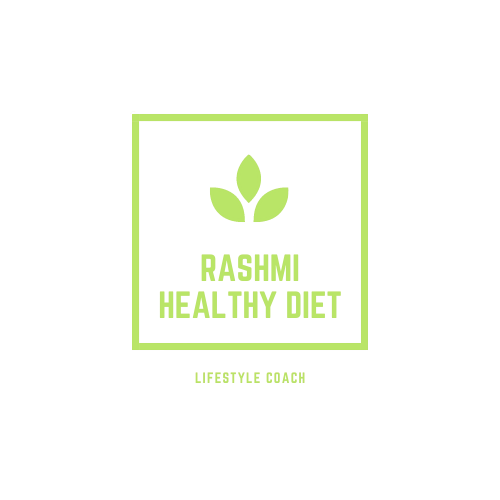Everyone experiences stress. And everyone eats. How does stress affect eating? Many people who experience out of control stress are dysfunctional eaters, meaning they make unhealthy food choices and use food to lessen their stress, at least temporarily.
Scientists have concluded there is a strong relationship between out of control stress and dysfunctional eating. Out of control stress produces changes in the body that increase eating, and certain foods that seem rewarding during out of control stress can become addictive.
Types of Stress
Scientists define stress as processes involving perception, assessment of, and response to harmful events or situations. Stress can be experienced emotionally or physiologically. Emotional experiences include conflict with others, anxiety, and losses that trigger difficult or unwanted feelings. psychological stress is the change that happens to the body during stress. Regular and binge use of addictive substances may also create both types of stress.
Acute or short-term stress activates adaptive responses. Mildly challenging stressors can help increase motivation and bring a sense of accomplishment and satisfaction. The out of control stress of severely challenging stressors or chronic stress can lead to overuse and breakdown of the regulatory systems in the body that responds to stress.
This breakdown can result in physical changes in the body that weaken stress-related adaptive processes and increase the risk of disease.
Out of control stress creates changes in your body that weaken you physically and make it harder to respond in a healthy way to stress.
How the Body Responds to Out of Control Stress
When faced with stress, the human brain perceives it as a threat and actives the fight or flight response. This stress response prepares the body to fight or run by increasing your heart rate, blood pressure, and energy levels. The stress response also increases blood flow to the muscles, heart, and brain to improve performance.
After the immediate threat has passed, the brain signals the body to return everything to normal levels. Out of control stress disrupts these signals and can cause the body to prolong the stress response, continually keeping levels high and damaging cells, tissue, and organs.
Cortisol and insulin are two hormones in the body that counteract each other and help regulate eating. In general, cortisol helps process food into energy, and insulin helps store the energy from food as fat for later use. Out of control stress can alter the balance between these hormones and cause more energy to be processed into fat.
Dysfunctional Eating and Food Addiction
According to scientists, approximately 40% of people eat more when they feel stressed, and about 40% eat less. Different eating responses are often associated with whether the stress is short-term or out of control, and with the choices of food available during times of stress. Eating less during times of short-term stress can be beneficial.
The body takes energy from stored fat cells, allowing a person to focus on resolving the stress without needing to search for and eat food for energy. But out of control stress can lead to overeating, often because the body begins to crave high sugar and high-fat foods.
Eating high sugar and high-fat foods triggers an increase in a brain chemical called dopamine. Dopamine is known as the pleasure chemical because the more dopamine there is in your system, the better you feel. Dopamine is associated with addiction because, over time, you need higher levels of dopamine to achieve the same good feelings.
In drug addiction, the increased need for dopamine is what drives someone to use more and more drugs and continue using drugs despite the negative effects on their body and life. Food addiction works in much the same way, making dysfunctional eating as challenging to stop as drug addiction.
Out of control stress comes from severe or chronic, prolonged stressors. When the body is continually forced into that state of stress, it alters hormone balance and affects eating behaviors. The food a person chooses during stress, especially high sugar and high-fat foods, contributes to dysfunctional eating and food addiction.











